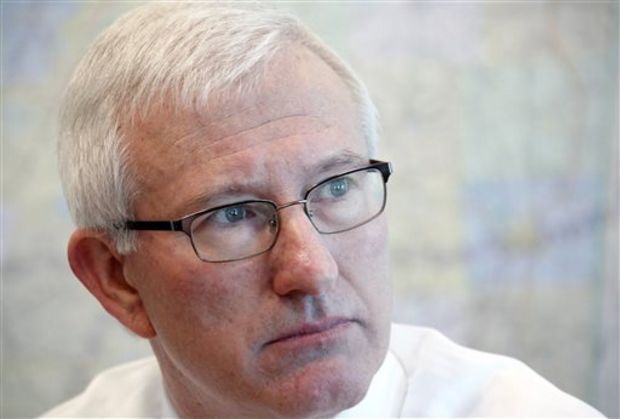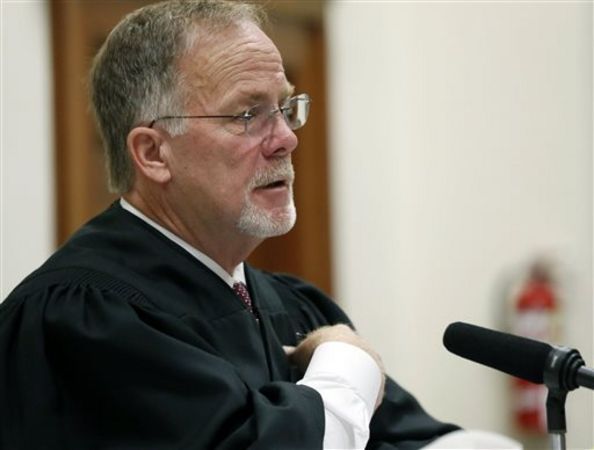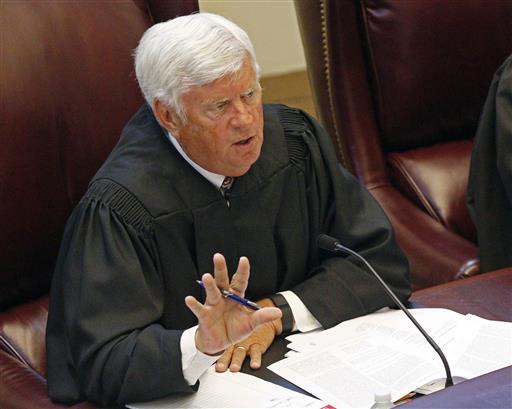

JACKSON, Mississippi (AP) — Jackson Public Schools are joining a lawsuit seeking to recover a shortfall in state education funding and bar future underfunding.
The board voted 2-1 Tuesday to join, with two abstentions, said spokesman Sherwin Johnson.
Jackson alone has been shorted $85 million because of underfunding of the Mississippi Adequate Education Program since 2010. The amount at stake among the 20 districts now suing jumped to about $225 million with Jackson’s addition.
The lawsuit seeks to make up shortfalls in the funding formula since 2010. Current law says the Legislature “shall” fully fund the formula and former Gov. Ronnie Musgrove — spearheading the lawsuit — argues that leaves no room for interpretation. As lieutenant governor in 1997, Musgrove helped steer MAEP into law.
Others say it’s not that simple, and any verdict in Hinds County Chancery Court would be subject to appeal to the state Supreme Court.
From 2009 through the current school year, lawmakers have fallen $1.5 billion short of full funding. The lawsuit also asks a judge to order lawmakers to never again underfund the program.
The two Jackson board members who voted to sue, Timothy Collins and Monica Gilmore-Love, did not immediately respond to requests for comment. The move came after the board sought public comment on whether it should sue or not. Jackson is Mississippi’s second-largest school district, enrolling 29,500 students last year.
A spokesman for Musgrove said he was declining comment until he received a signed contract from Jackson Public Schools.
The suit was filed Aug. 28 and additional districts have until Monday at the latest to join without court permission. Districts that don’t join would not receive back money if the suit succeeds.
Backers of a ballot initiative to guarantee “an adequate and efficient system of free public schools” in the state Constitution have actively worked to persuade school districts not to sue. They warn lawmakers might react angrily by cutting funding, and also say Musgrove and allied lawyers would pocket too much money.
The current 20 districts would pay more than $41 million in fees, more than 18 percent of the money at stake according to Associated Press calculations using a sample fee schedule. The share for Jackson alone would be more than $7.7 million.
Musgrove argues his approach will provide faster relief and get districts back money they’ve already lost, instead of just helping in the future as the amendment would. He said the amendment would have to be enforced by time-consuming lawsuits that could be as expensive as his.



